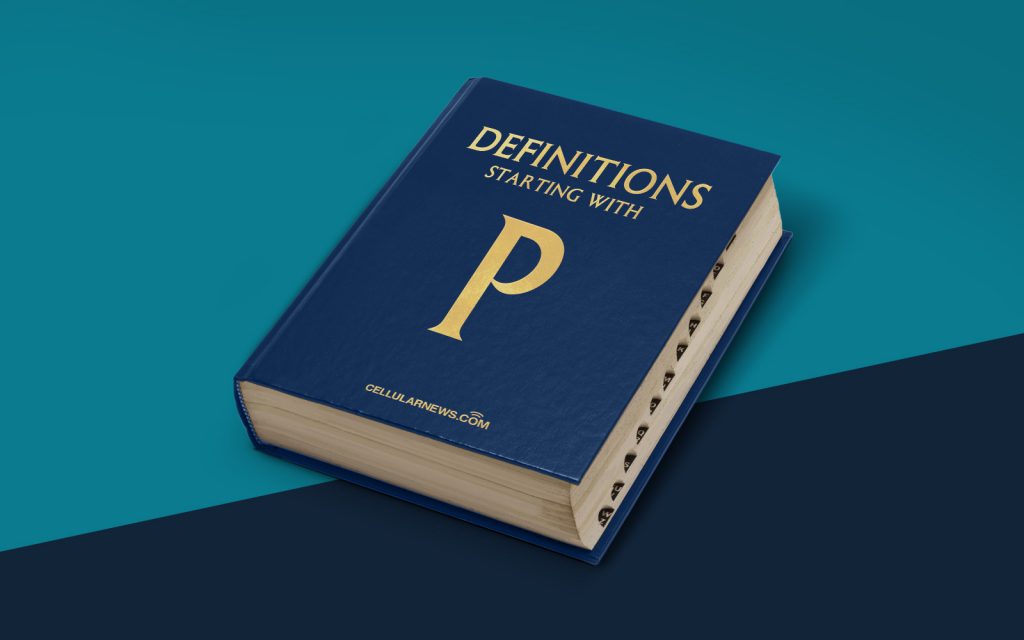
What is Polymorphism in Programming?
Welcome to the “DEFINITIONS” category on our page, where we explore various terms from the world of programming. In this article, we will unravel the concept of polymorphism and its significance in the programming paradigm. So, get ready to dive into the fascinating world of polymorphism and understand how it can enhance your coding skills!
Key Takeaways:
- Polymorphism allows objects to take on different forms or exhibit different behaviors based on the context in which they are used.
- It promotes code reusability, flexibility, and maintainability in programming.
Now, let’s demystify the concept of polymorphism. Imagine you have a program that deals with various shapes like circles, squares, and triangles. Each shape has its own unique properties and behaviors. Polymorphism allows you to treat these different shapes as objects of a common base class, providing a way to perform operations on them in a uniform manner.
At its core, polymorphism enables you to define a single interface or method that can be implemented by multiple classes in different ways. This empowers you to write more generic and extensible code that caters to a diverse set of objects without the need for excessive conditionals or duplicate code.
One common implementation of polymorphism is through inheritance. By defining a base class with abstract or virtual methods, derived classes can inherit and override these methods to provide their own implementation. This allows the objects to exhibit different behaviors while still adhering to the base class’s contract.
Polymorphism also facilitates the concept of method overriding, where a subclass can override a method of its superclass and provide its own implementation. This level of flexibility enables you to add new behavior to existing code without disturbing the original functionality.
Here are a couple of key benefits of utilizing polymorphism in your programming endeavors:
- Code Reusability: Polymorphism promotes the reuse of existing code by allowing objects to be treated as instances of their base class. This eliminates the need for repetitive code and encourages a more modular approach.
- Flexibility and Maintainability: With polymorphism, future changes or additions to your code become easier to handle. You can introduce new classes that adhere to the base class’s interface or modify the behavior of existing classes by overriding methods.
As you delve deeper into the programming world, you’ll likely encounter polymorphism in various languages like Java, C++, Python, and more. Each language has its own syntax to implement polymorphism, so remember to consult the documentation and resources available for your chosen programming language.
In conclusion, polymorphism is a powerful concept that empowers you to write flexible, reusable, and maintainable code. By treating objects of different classes as instances of a common base class, you can encapsulate complex behaviors, enable code extensibility, and thrive as a proficient programmer.
Stay tuned for more enlightening explorations into key programming concepts in our “DEFINITIONS” category. Happy coding!
